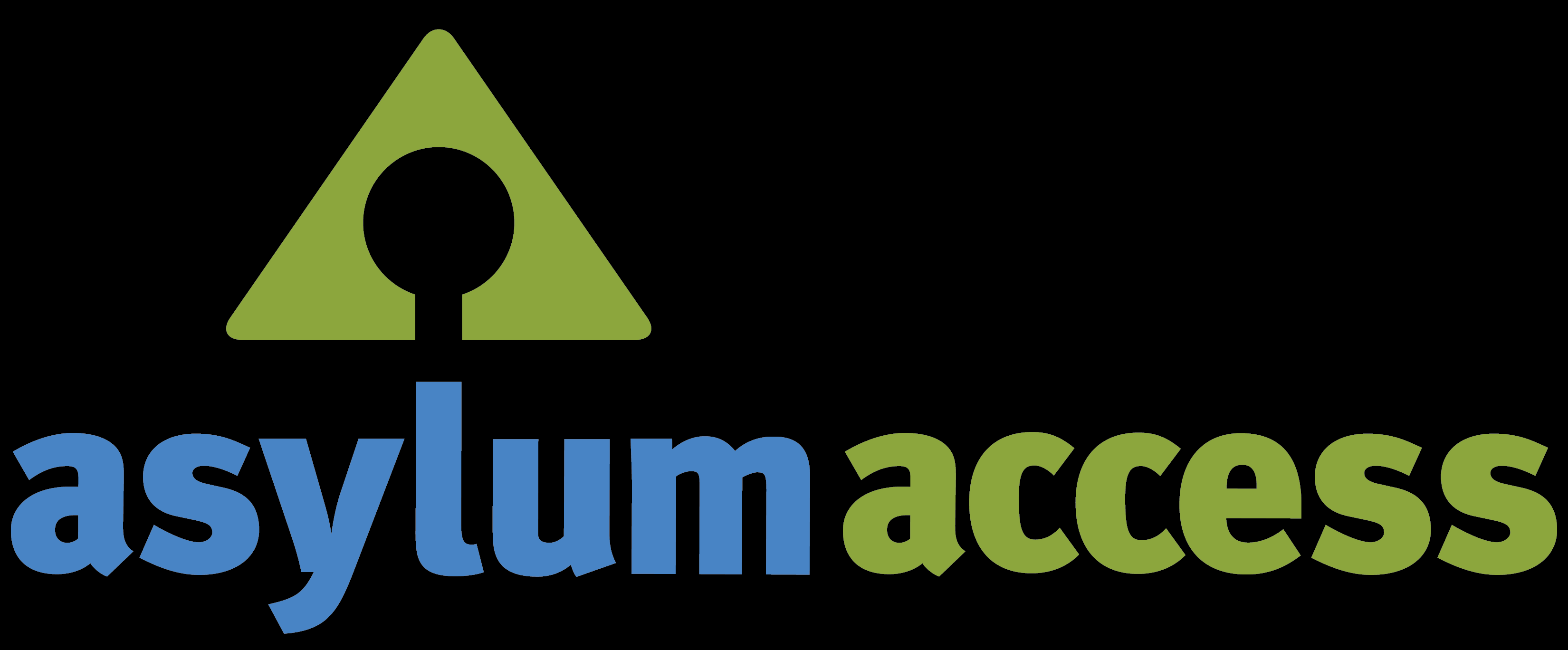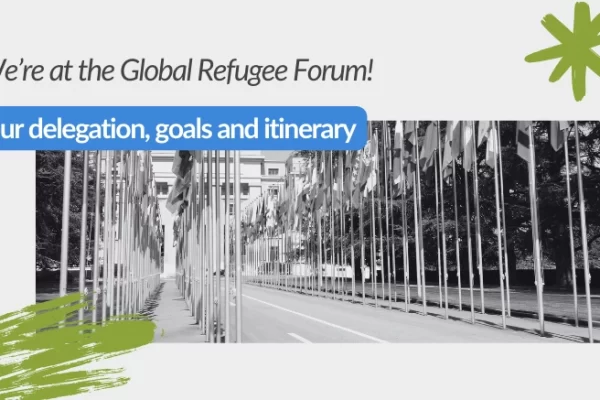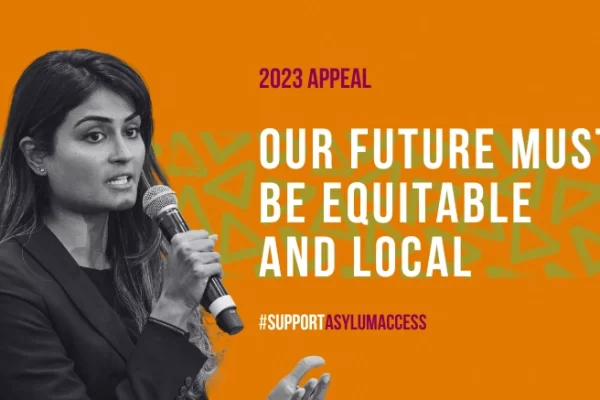Helping Wrongly-denied Refugees
Kevin was just 22 years old when he left home in 2009 with his brother. Rebel groups living near his village often came to collect food and forcibly recruit youth. Years of violence and instability had made his home in Sud Kivu a fearful and uncertain place to live. So when the rebels and the Maimai met in his village again one day, Kevin decided it was time to leave.
Kevin and his brother ran away as gunshots rang out nearby. First on foot and then by boat, they traveled to Tanzania. Once there, they sought in vain for relatives who had become separated from them during years of civil war.
They soon found themselves in the hands of immigration authorities, who began investigating their case for refugee status. Following an interview by UNHCR, they finally received news that they had been denied refugee status.
“We didn’t really understand the reason for doing that. We doubted that the UNHCR did that. We understood that UNHCR takes care of refugees, but the way we were treated raised a lot of questions and we didn’t understand why we were determined as not refuges. Up to now we don’t understand why they would do that,” Kevin said in an interview with Asylum Access.
Life in the refugee camp was difficult. They were given very little food and lived separately from other refugees, because of what seemed like an arbitrary exception. They attended church, where they met a pastor who helped them with food and found them odd jobs to eke out a living. He also directed them to Asylum Access, where Kevin’s brother attended our Know Your Rights Training and learnt about their rights.
Today, Asylum Access is advocating with the UNHCR and the Tanzanian Ministry of Home Affairs to reverse their decision on the refugee status of the brothers.
—
Every issue, we include a story about one of our refugee clients to give them a voice, and to enable our supporters to better understand how our work impacts individual refugees on the ground in Africa, Asia and Latin America. Please visit our client stories page to read more about how we are helping refugees assert their fundamental human rights.
By Nadhifa Mahmoud, AATZ Volunteer Legal Advocate and Communications Liaison
strong>Published February 2012





